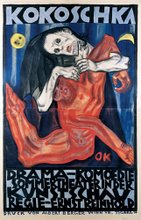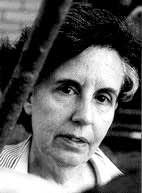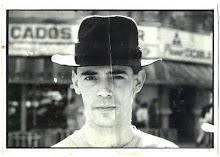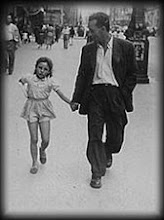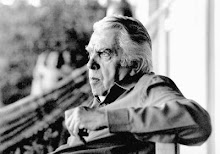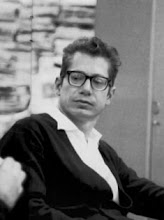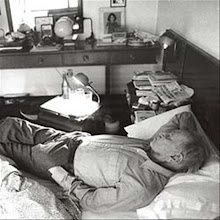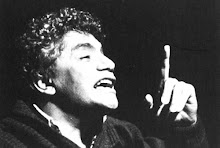Fame, fortune, and respect await those who reveal the crimes of official enemies; those who undertake the vastly more important task of raising a mirror to their own societies can expect quite different treatment. George Orwell is famous for Animal Farm and 1984, which focus on the official enemy. Had he addressed the more interesting and significant question of thought control in relatively free and democratic societies, it would not have been appreciated, and instead of wide acclaim, hewould have faced silent dismissal or obloquy.
It is a mere truism that the state represents only one segment of the nexus of power. Control over investment, production, commerce, finance, conditions of work, and other crucial aspects of social policy lies in private hands. Unwillingness to adapt to this structure of authority and domination carries costs, ranging from state force to the costs of privation and struggle; even an individual of independent mind can hardly fail to compare these to the benefits, however meager, that accrue to submission. Meaningful choices are thus narrowly limited. Similar factors limit the range of ideas and opinion in obvious ways. Articulate expression is shaped by the same private powers that control the economy. It is largely dominated by major corporations that sell audiences to advertisers and naturally reflect the interests of the owners and their market. The ability to articulate and communicate one's views, concerns, and interests - or even to discover them - is thus narrowly constrained as well.
The libertarian conception is that the press should be independent, hence a counterbalance to centralized power of any form. In Jefferson's day, the powers that loomed large were the state, the church, and feudal structures. Shortly after, new forms of centralized power emerged in the world of corporate capitalism. A Jeffersonian would hold, then, that the press should be a counterbalance to state or corporate power, and critically, to the state-corporate nexus.
The United States is near the limit in its safeguards for freedom from state coercion, and also in the poverty of its political life. There is essentially one political party, the business party, with two factions. Shifting coalitions of investors account for a large part of political history. Unions, or other popular organizations that might offer a way for the general public to play some role in influencing programs and policy choices, scarcely function apart from the narrowest realm. The ideological system is bounded by the consensus of the privileged. Elections are largely a ritual form. In congressional elections, virtually all incumbents are returned to office, a reflection of the vacuity of the political system and the choices it offers. There is scarcely a pretense that substantive issues are at stake in the presidential campaigns. Articulated programs are hardly more than a device to garner votes, and candidates adjust their messages to their audiences as public relations tacticians advise. Political commentators ponder such questions as whether Reagan will remember his lines, or whether Mondale looks too gloomy, or whether Dukakis can duck the slime flung at him by George Bush's speech writers. In the 1984 elections, the two political factions virtually exchanged traditional policies, the Republicans presenting themselves as the party of Keynesian growth and state intervention in the economy, the Democrats as the advocates of fiscal conservatism; few even noticed. Half the population does not bother to push the buttons, and those who take the trouble often consciously vote against their own interest.
Noam Chomsky


![[...]](https://blogger.googleusercontent.com/img/b/R29vZ2xl/AVvXsEjeNC2Kyxd34r2LuofHe9-vdXHeHwG3_2NhVmIOTlK2moU0Q4R7taMlS8iMmQgEl1-NdaRsPrLdREzfQZYKfUgjslwLZUZe67dAfFBREu-YRx6WGX-vAUt5eJT4_-lFwT4dGzGCQQ/s220/11798115_858304687558226_1857652538_n.jpg)
